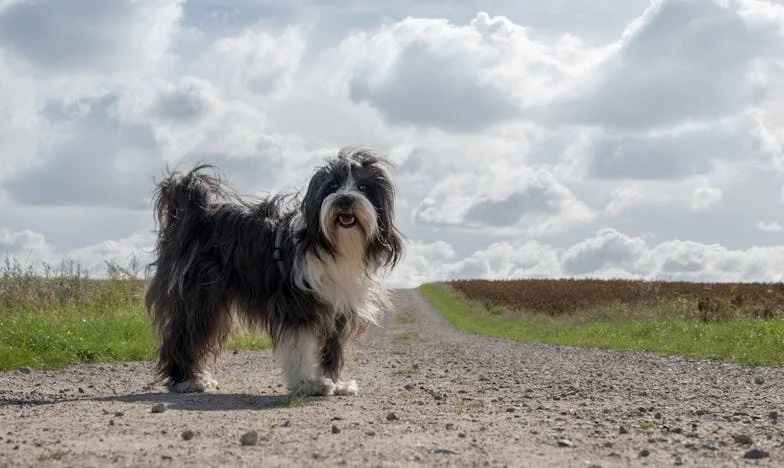Finding Grandma Halina: The Summer That Changed Everything
“Mom, please. At least try the cake,” I pleaded, sliding the box across the faded tablecloth. The kitchen was stuffy with late June heat, and dust motes spun in the sunlight like tiny ghosts. My son, Kuba, squirmed beside me, his sneakers thumping against the linoleum floor. My husband, Mark, hovered at the doorway, holding a bag of groceries like a peace offering.
Halina Stanisławovna, my mother, sat stiffly in her chair, hands cradling a chipped mug of tea. She didn’t even look at the cake—a chocolate torte from the Polish bakery in Chicago she used to love. “I’m not hungry, Lidia,” she said quietly. Her voice was so thin, I almost missed it beneath the hum of the refrigerator.
Mark tried to lighten the mood. “C’mon, Halina. If I can’t tempt you with sausage, I’m not sure what will work.” He set the brown paper bag on the counter and began unpacking groceries, all her favorites. My mother didn’t even flinch. She just stared at the wall, eyes tracing the faded cross-stitched geese flying above the pantry door, her lips pressed so tightly together I worried they’d disappear.
I glanced at Kuba. He looked at me, uncertain, then at his grandmother. “Grandma, do you wanna play cards later?” he offered, hope flickering in his voice.
She didn’t answer. The silence was sharp, uncomfortable. I felt it in my jaw, clenching tight like a bad toothache.
We’d driven three hours out of the city to this little village in rural Indiana, hoping a visit would lift her spirits. My father had died three years ago, but it was as if his absence had only grown heavier in the house. My mother seemed to shrink with every passing month, her world narrowing to the kitchen, the bedroom, and the porch where she sat watching the unmown yard like a sentinel waiting for something that would never return.
After lunch—if you could call it that, since she only drank her tea—Mark and I got ready to leave Kuba for his summer stay. I hugged her, the bones in her back sharp under my hands. “He’s excited, Mom. He loves it here.”
She didn’t answer, just nodded, her eyes never quite meeting mine.
On the drive back, Mark finally said what I couldn’t. “She needs help, Lidia. She’s not doing well.”
I rubbed at the ache in my chest. “She won’t talk to me. I don’t know how to reach her.”
“Maybe Kuba can.”
I bit my lip. Could a ten-year-old succeed where I failed?
The summer unfolded in fits and starts. Kuba called every week. “She doesn’t wanna play cards, Mom. She just sits on the porch. I think she’s sad.”
“Be patient with her, sweetheart,” I said, my voice wavering. “Try reading to her, maybe?”
One day Kuba called, his voice brighter. “Grandma let me help pick tomatoes! She showed me how to tie up the vines so they don’t fall over.”
I held back tears. “That’s great, honey.”
When we visited mid-July, I found the garden weeded, tomatoes strung up in neat rows. Kuba was sunburned and grinning, hauling a basket of cucumbers. My mother watched from the porch, her hands clasped, expression unreadable.
“Grandma says you used to help her in the garden, too,” Kuba blurted, eager to fill the silence.
My mother’s lips twitched, almost a smile. “She was always more interested in books than beans,” she said quietly.
I blinked back tears. It was the first real thing she’d said to me in months.
That night, after Mark and Kuba were asleep, I found her in the kitchen, slicing cucumbers for pickles. The sharp smell stung my eyes.
“I’m sorry I’m not good company,” she whispered, not looking up.
I reached for her hand. “We miss Dad, too, Mom. But Kuba—he needs you. I need you.”
She shook her head. “I’m not what you need. I’m just…tired.”
I wanted to shout, to shake her, to demand she fight for us. Instead, I squeezed her hand. “We’re all tired. But we get through it together. Remember how you made me go to school when I didn’t want to? You said, ‘Being strong isn’t about never crying. It’s about getting up again the next day.’”
She closed her eyes, breathing shallow. “It’s harder now.”
I stayed with her until dawn, neither of us saying much, just sitting in the stillness. It wasn’t a miracle, but it was something.
The next weeks, Kuba became her shadow. He weeded, picked beans, told her jokes he’d heard at school. Slowly, she responded—correcting his grammar, teaching him to knead bread, even laughing once at his silly voices.
By August, the garden overflowed. Halina showed Kuba how to can tomatoes, her hands finally steady as she wiped the rims of the jars. One afternoon, I called and Halina answered, surprising us both.
“Lidia, Kuba wants to make pierogi tomorrow. Are you coming?”
I burst into tears.
The summer ended. We packed Kuba’s things, hugged my mother tight. She walked us to the car, her back a little straighter. “Thank you for lending me your boy,” she whispered.
Driving back to Chicago, Mark squeezed my hand. “He gave her something we couldn’t.”
I nodded, watching the cornfields blur past. “Maybe what we all need is someone to believe in us, even when we forget how.”
Sometimes I still wonder—how many people are quietly fading in houses just like hers, waiting for someone to remind them they matter? What if all it takes is a little sunlight, a little patience, and the stubborn love of a child?
